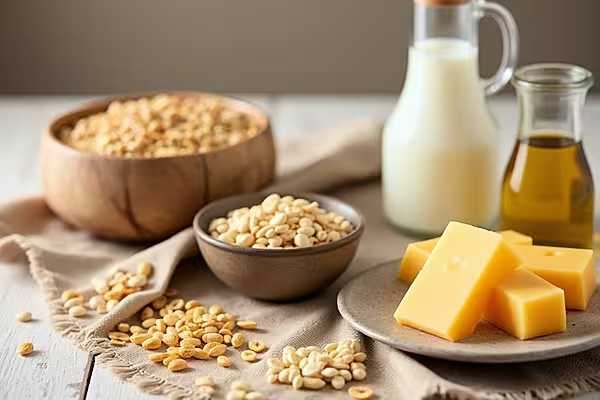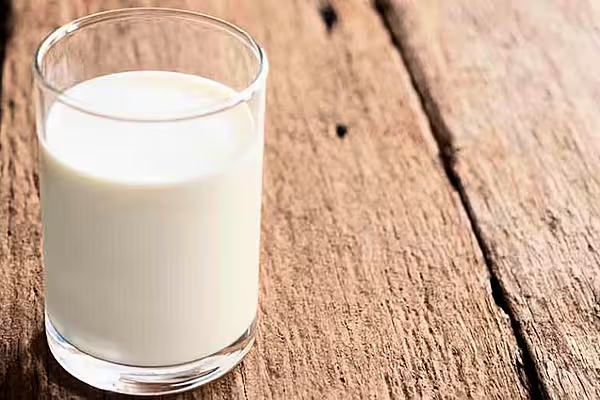Global food prices ended the longest run of gains in five years as losses in grains and vegetable oils offset higher meat, sugar and dairy costs.
The United Nations’ food price-index fell 0.8 percent in July, the first drop in six months, the group’s Food & Agriculture Organization said on its website Thursday. The gauge, which monitors 73 different food prices, was down 1.4 percent from a year earlier.
U.S. grain futures have slid to the lowest in a decade as weather in key corn-growing areas of the country was better than expected, while Russia is set to harvest a record wheat crop, further adding to abundant global supply. In Southeast Asia, rainfall has been beneficial for palm-oil crops amid muted demand for imports globally. Food prices reached an almost one-year high in June, partly on the outlook for sugar shortages.
“The drop just underlines the fact that the upward potential is rather limited," Abdolreza Abbassian, a senior economist at the FAO in Rome, said by phone. "We’ve had issues with exchange rates and uncertainties with the U.S. dollar. We also had issues on the macro level with overall global demand."
The UN index fell to 161.9 points in July. A gauge of grains slipped 5.6 percent while a measure tracking vegetable oils lost 2.8 percent. Prices may decline further because the likelihood of supply prospects weakening is limited, Abbassian said.
Sugar prices increased 1 percent last month to the highest since 2012 as Brazil’s real gained against the dollar, the FAO said. A stronger real can curb the incentive to export Brazilian sugar and prompt producers to instead process cane into ethanol to sell locally.
In other food items:
Dairy prices rose 3.2 percent last month, with gains in particular for butter, though were still down 4.6 percent from a year earlier. With international demand weak, the European Union is considering measures to help curb milk output, the FAO said. Meat prices gained 1.3 percent amid limited supply and good demand. With prices down heavily from a few years ago, there’s room for more gains, Abbassian said.
News by Bloomberg, edited by ESM. To subscribe to ESM: The European Supermarket Magazine, click here.














